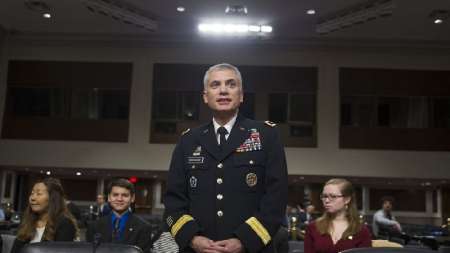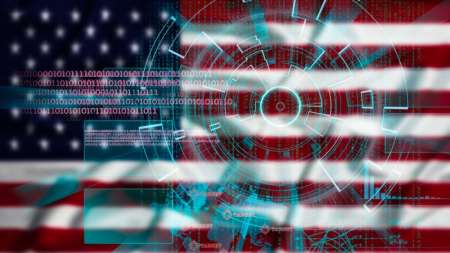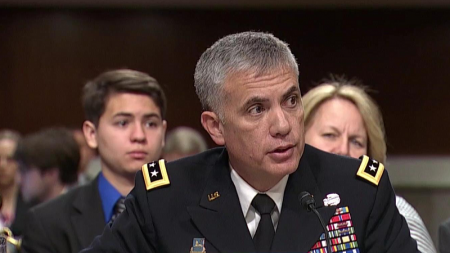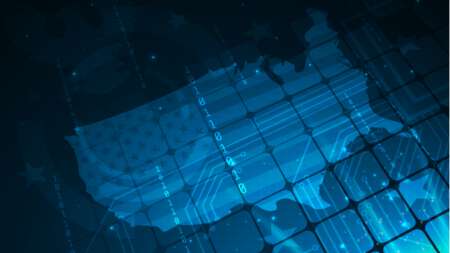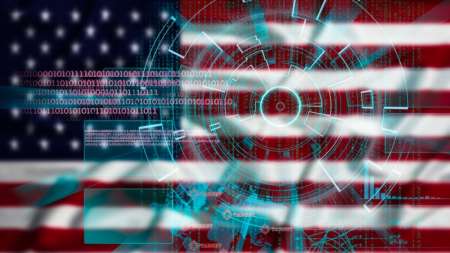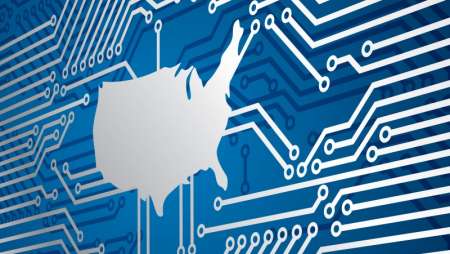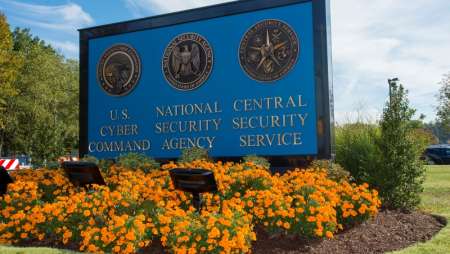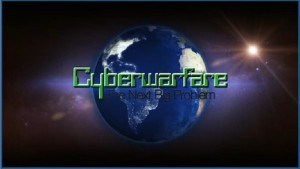General Paul Nakasone, Commander of U.S. Cyber Command, discussed on Thursday how the service is shifting its strategy and writing the “fifth chapter” of the command’s history to address the “great powers” competition in cyberspace. […]
The former chief security officer at Facebook urged in a column published today on the “Lawfare” blog that the U.S. consider creating an independent, “defense-only” cybersecurity agency to deal with defense of election systems and processes that may come under attack by adversaries. […]
Thomas Fanning, chief executive officer of Atlanta-based electric utility holding company Southern Co. and a key player in developing private-sector cybersecurity policy, said today at a Senate subcommittee hearing that he has begun to have interactions with senior Federal government military leaders about capabilities to “hack back” at cyber attackers, but emphasized he believes that those types of retaliatory capabilities need to remain in the hands of the military rather than become a corporate function. […]
General Paul Nakasone, head of the National Security Agency (NSA) and U.S. Cyber Command (CyberCom), recommended keeping the agencies under the same leader for the next two years, according to a report by the Washington Post […]
The U.S. Cyber Command (Cybercom) and the National Security Agency have joined the effort to protect the integrity of this year’s midterm elections, which are occurring under the shadow of Russia’s meddling in the 2016 election and warnings from U.S. intelligence agencies that 2018 is seeing more of the same. […]
State-sponsored cyberattacks are the new normal in adversarial international activity, whether on large or small scales. […]
The National Defense Authorization Act (NDAA) for FY 2019 took a big step toward passage with the release of the conference report late yesterday that unifies House and Senate NDAA legislation and places in sharp focus concerns about growing cyber and electronic warfare threats and ways that the United States should address them. […]
A new Defense Department (DoD) Risk Management Framework (RMF) – due to be delivered to agency leaders in roughly seven weeks – will have strong implications for the way the department’s cybersecurity professionals perform their tasks, according to John Bergin, IT and Business System Reform Lead at DoD. […]
Department of Defense (DoD) Chief Information Officer Dana Deasy said today at the Defense Systems Summit that he has identified four “key strategic areas” that will work to support the National Defense Strategy (NDS). Those four areas – cloud, artificial intelligence, C3 (command, control, and communications), and cybersecurity – are organized not in order of importance, but rather “order of integration,” Deasy said, with each of the priorities flowing from the prior one. […]
Paul Craft, director of operations at the Joint Force Headquarters Department of Defense Information Network (JFHQ-DoDIN), spoke today at the Defense Systems Summit about how his relatively new component of U.S. Cyber Command is now tasked with operating and securing the entirety of DoD’s sprawling IT network infrastructure and has undertaken a complete restructuring of network operations for all of DoD. […]
Amid growing fears of large-scale cyberattacks–ranging from attacks on infrastructure, to cyber espionage that threatens national security, to a “terabyte of death”–Congressional lawmakers are calling for a more clearly defined strategy for responding to such attacks. […]
In a previously announced move, the Pentagon elevated the U.S. Cyber Command to a full unified command. This reflects the universal role cyber operations–and potential cyber threats–have come to play across the range of military activities, and how relatively quickly virtual technologies have changed the game. […]
Army Lieutenant General Paul Nakasone is taking over this afternoon as chief of U.S. Cyber Command and director of the National Security Agency. At the same time, U.S. Cyber Command is being elevated to the level of a full unified military command, the Defense Department said today. […]
The U.S. military has long laid claim to having the best-equipped, best-trained fighting force in the world, and to spending more on defense than the next eight top-spending nations combined. But when the battleground is cyberspace, does that claim hold up? […]
New technologies and techniques are changing the cybercrime landscape in a significant way, creating new challenges for those entrusted with protecting networks and data. […]
The Army and Navy recently announced that their Cyber Mission Teams were fully operational, and the U.S. Cyber Command now has all of their planned complement of 133 teams in business. With its people (totaling more than 6,000 service members and civilians) in place, U.S. cyber forces can now look to machines to help carry out effective operations in the cyber domain. […]
President Donald Trump announced on Aug. 18 that he directed United States Cyber Command (CYBERCOM) to be elevated to full combatant command. […]
The U.S. Cyber Command will begin to exercise its newly granted acquisition authority by the end of 2017 with its first industry day on Oct. 27. Congress gave CYBERCOM its own ability to purchase technology capabilities in order to keep up with the constantly changing nature of the cybersecurity sphere. CYBERCOM plans to hold its industry day at the Arthur Lundahl Conference Center in Springfield, Va. […]
The Government Accountability Office evaluated the advantages and disadvantages of the National Security Agency and Cyber Command’s dual-hat leadership system and found that the system causes tension between the two agencies due to competing interests. […]
A middle school filmmaker from New Jersey may be the next big expert in cybersecurity and cyber warfare. […]

